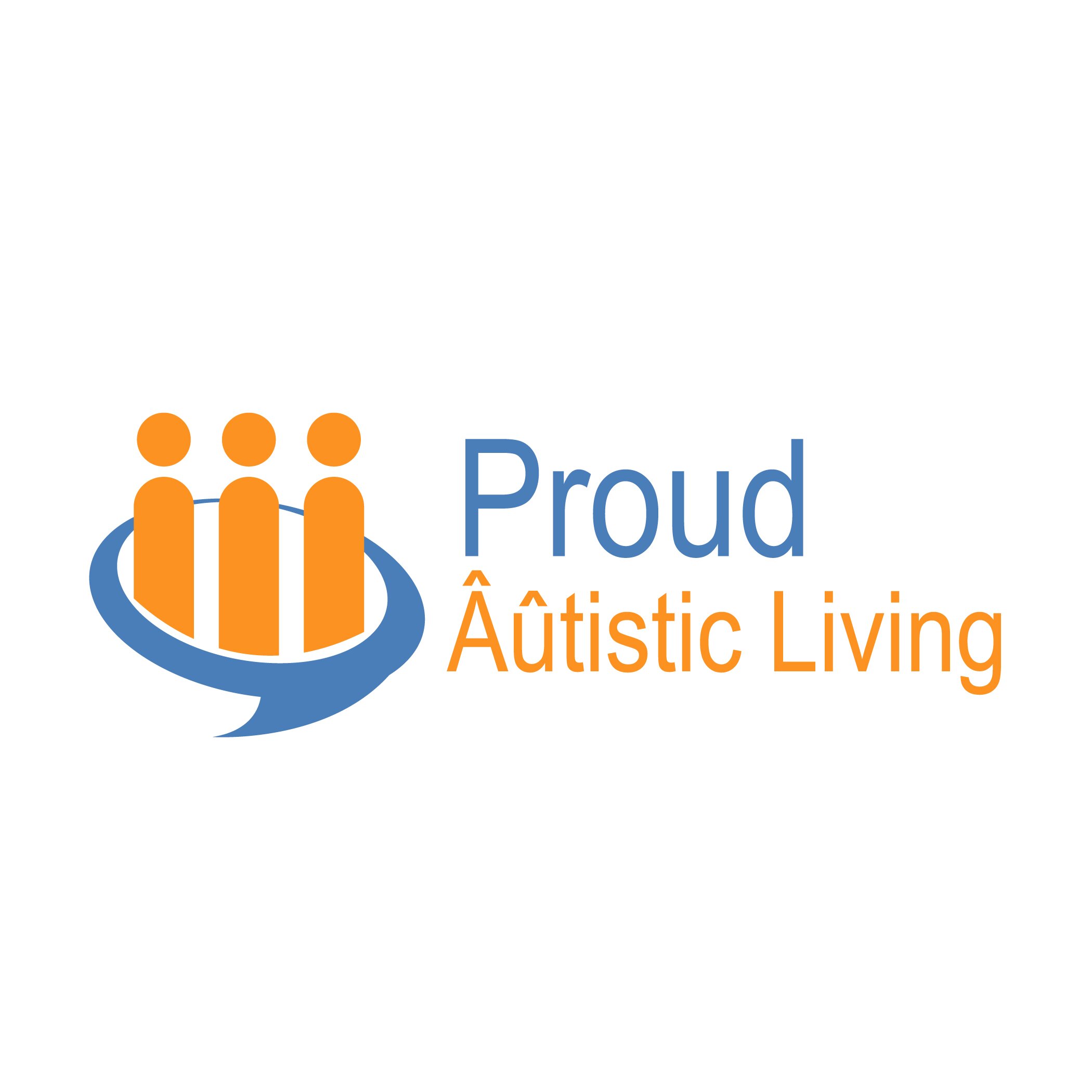Nothing about us without us…
It’s a catch-cry of the Autistic Self-Advocacy Network, “nothing about us without us”. A statement of self-determination and solidarity. A call for inclusion and real meaningful participation in the processes of treatments, therapies, policy-making and of course action.
Autistic Union, Âû, have topsy-turvied this to be “Everything About us With Us”. Putting the statement in positive terms rather than negative. To me, it’s the same meaning, include us, bring us into the conversation, give us a place at the table.
Embracing this ideal is another key aspect of wearing the Âû. There are no two ways about it, it is, in essence, a political statement. A statement that says hey, policy makers, hey peak charity groups, hey parent-run groups, here I am and I actually know something about myself, I actually have a voice, and I have self-awareness about my way of being. I want a place at the table, I want to contribute to this conversation. Yes, I am here and I am not going away.
It’s not an elitism…
At times this attitude can be seen as a bit elitist, and for sure, it can go that way. However, in essence, it is not that at all but inclusionary. One thing that “Everything about us with us” certainly is not is a negating and exclusion of non-autistic voices. What is proposed is a broadening of the expertise at the table. Enhancing the insight and wisdom in developing policy, plans and etc to be as inclusionary as they possibly can.
Absolutely invaluable to the cause is the insight, wisdom and expertise of clinicians, parents and other professionals. Foolish it would be to even attempt to silence those inputs. Tempered though they must be by the insight, wisdom and experience of actually autistic people.
When it comes to the enhancement of life outcomes for autistic people it would be utter folly to aim for an elitist ideal of only autistic voices in the conversation. Everything about us with us is a call for inclusion and participation, that is authentic and real and not just tokenistic.
The experts…
The true experts on autism are autistics. It’s real lived experience, every moment of every day of every year. This is not an elitist statement it is just a fact. No parent, no therapist, no clinician, no diagnostician, no scientist who is not autistic can know what it is to be autistic, regardless of how much they have read, written and thought about autism.
Perhaps it is fair to say we have two levels of experts when it comes to autism. We have experts on autism – autistics and experts about autism – non-autistic professionals.
For some, this is hard to hear, but hear it you must. This is key to bringing about the very best outcomes for a neurodiversity accepting the world.
No matter how much you know about autism, no matter how many autistics you know or live with, you do not live with or live autism unless you are actually autistic. That said, it does not mean your knowledge and experience is of no value, it is in fact of great value.
As an autistic the wisdom and input of non-autistics are invaluable, and that’s the rub, the best outcomes will come for all people with the input of autistic and non-autistic voices on an equal footing.
It looks like…
The big question, of course, is how does this happen, what does it look like? And, yes, it is a big question. There are lots of ways it can be done. A great example of this beginning to occur is in the field of autism research in Australia. The AutismCRC have committed to a principle of co-production in autism research. What this means is that the goal is that research on autism is completed by a team that is neurodiverse in make up.
There are many other ways this can happen. Ensuring boards have autistic members. Engaging autistic advisors in the process of policy development and planning. Lobbying governments to include autistics in their consultation processes. The list could go on and on.
And in the end the goal and hope that I embrace are simply this:
If the decision you are making impacts autism or autistic people make damn sure you are collaborating with autistic people.
I embrace the self-advocacy goal of “Everything about us, with us”.




